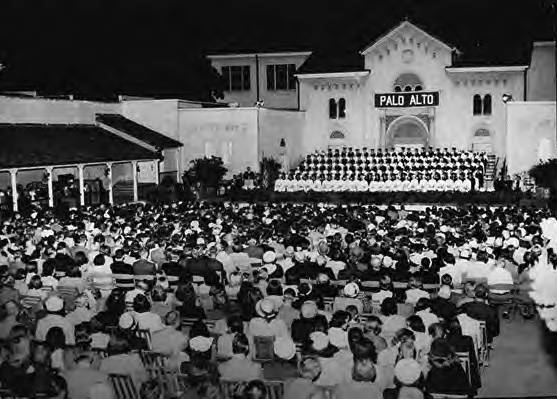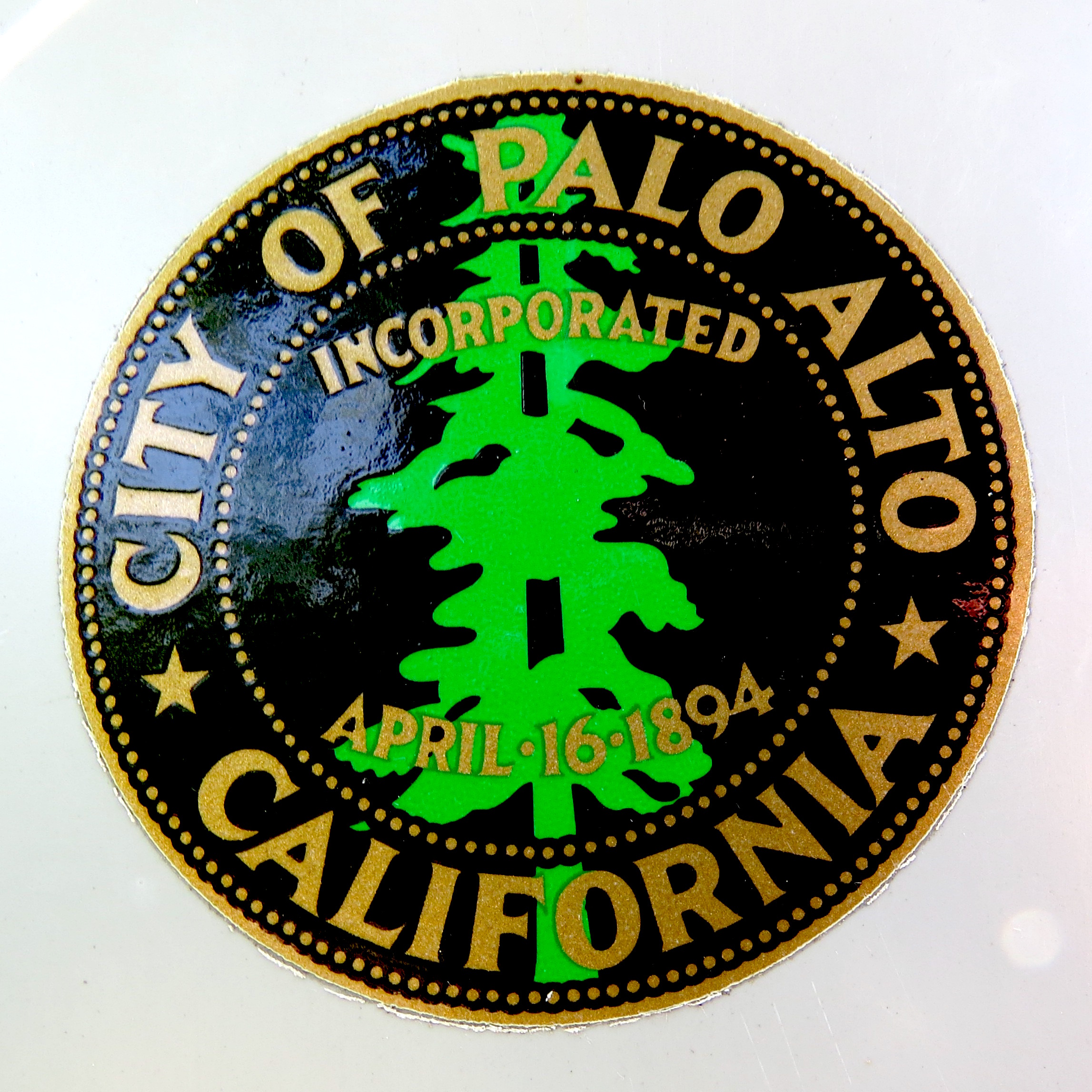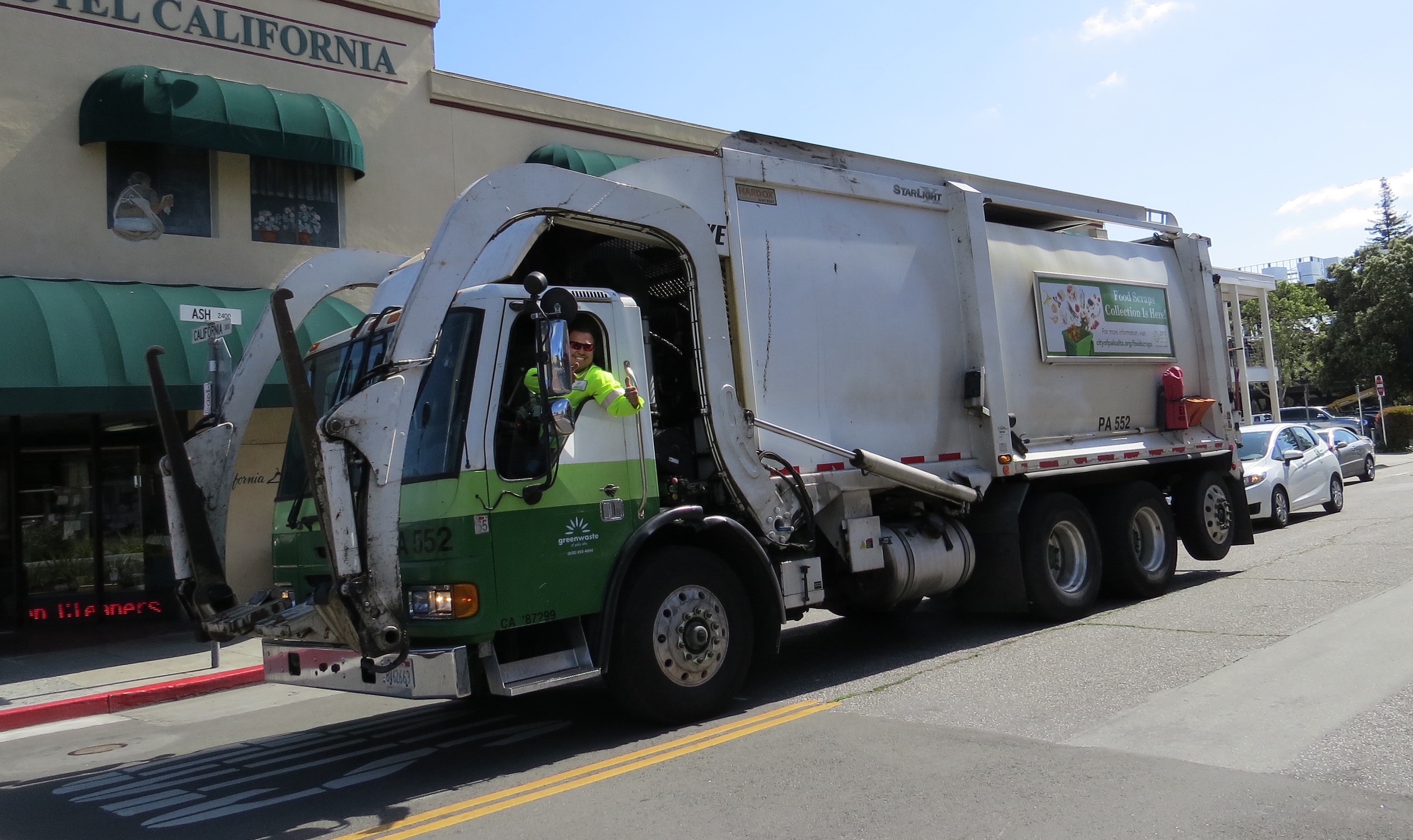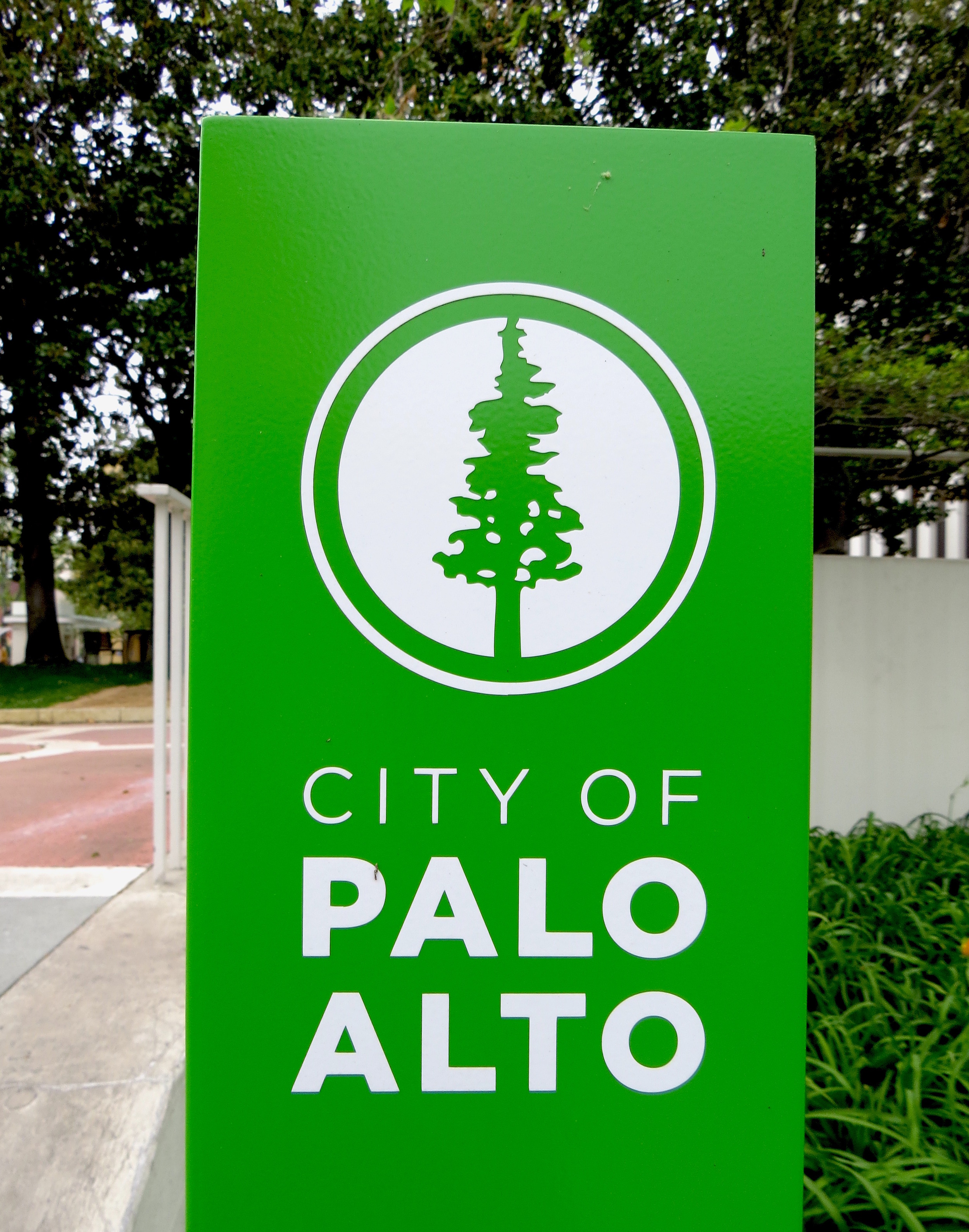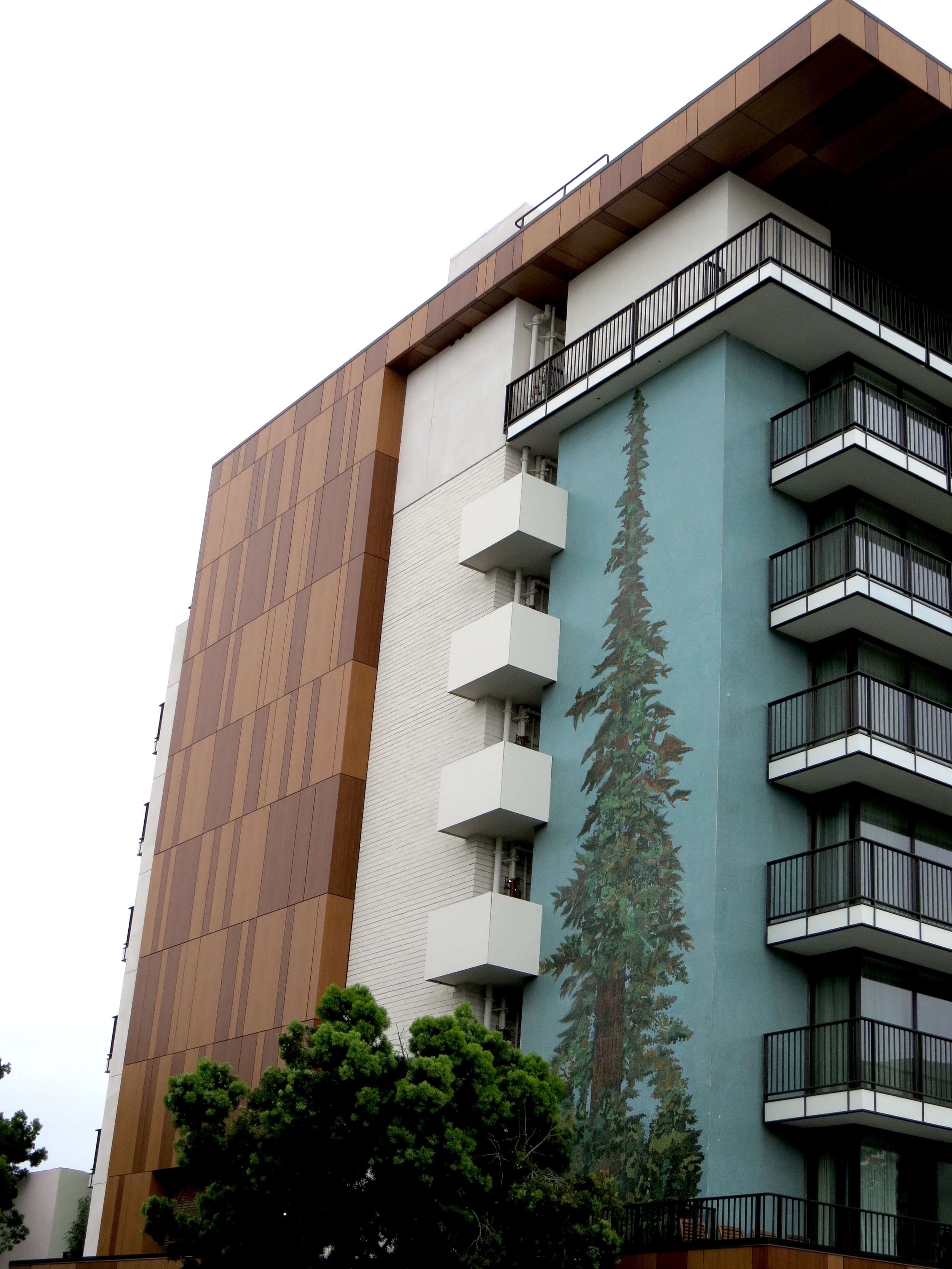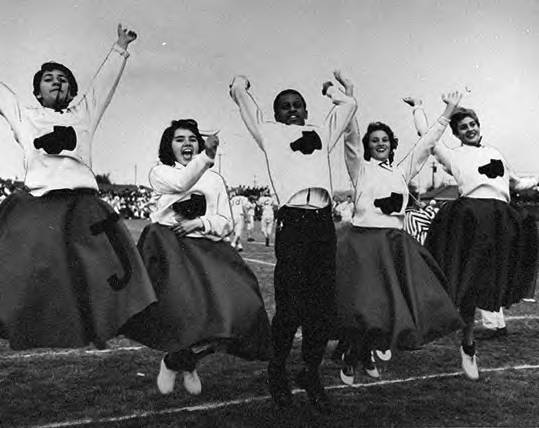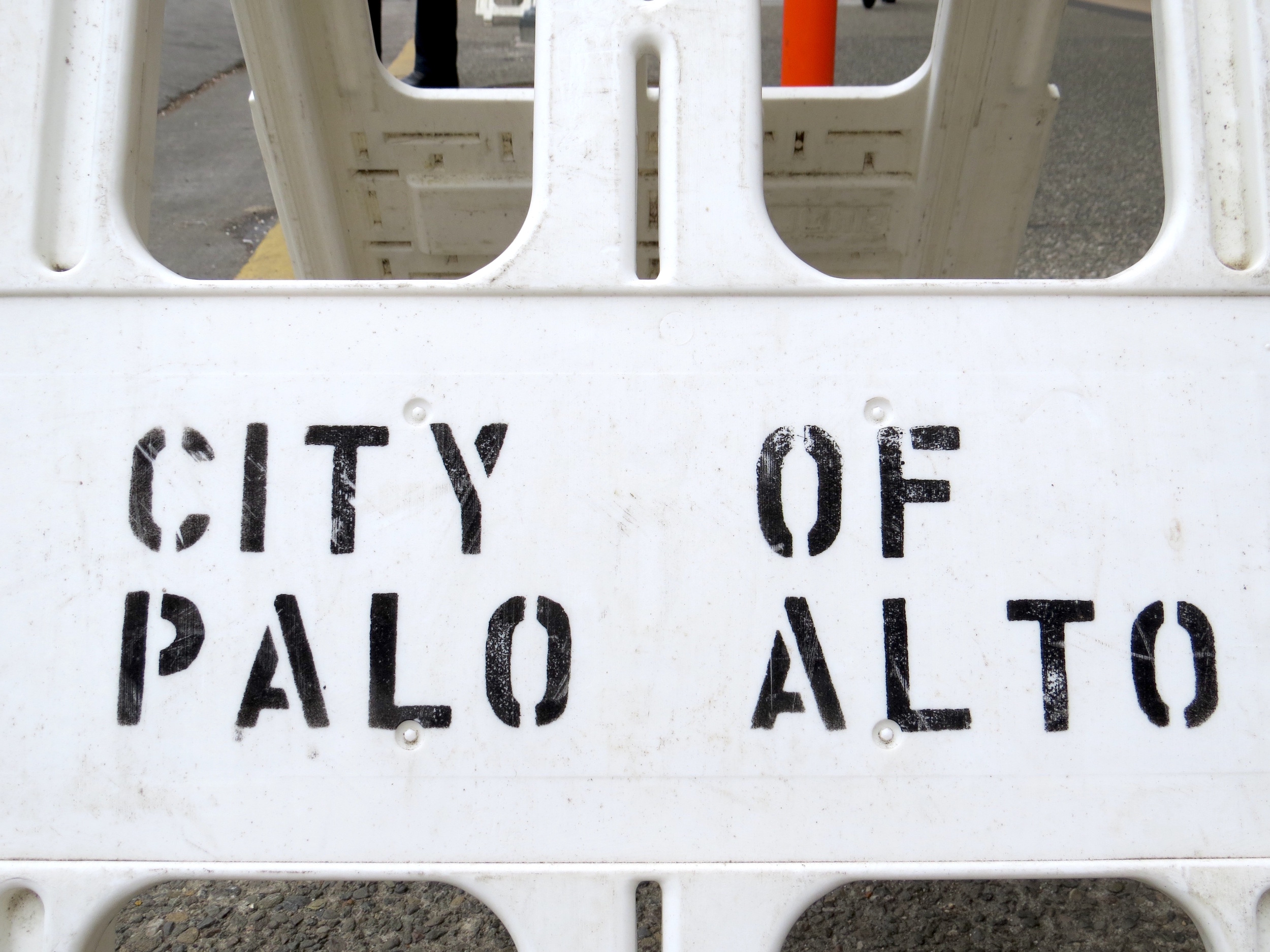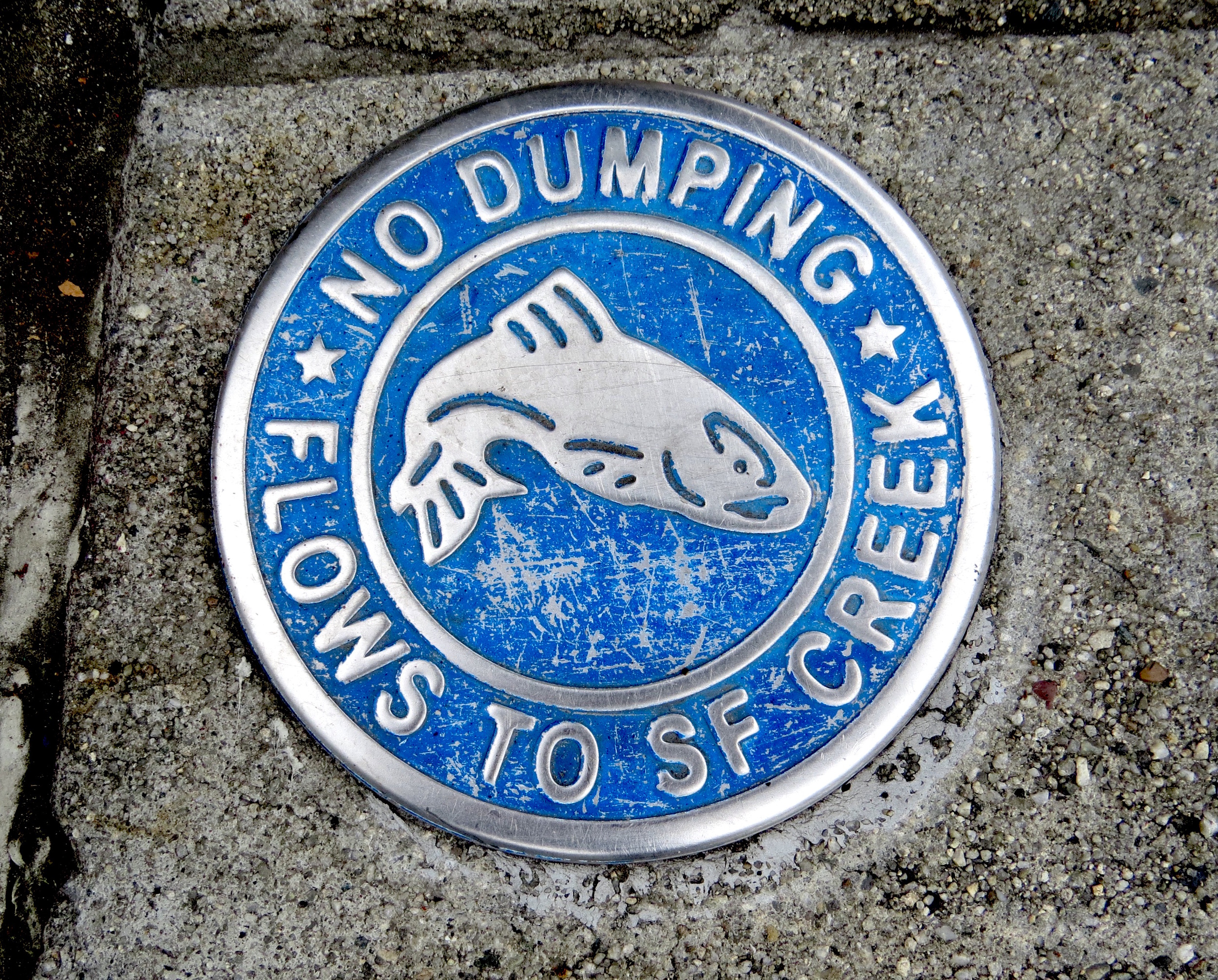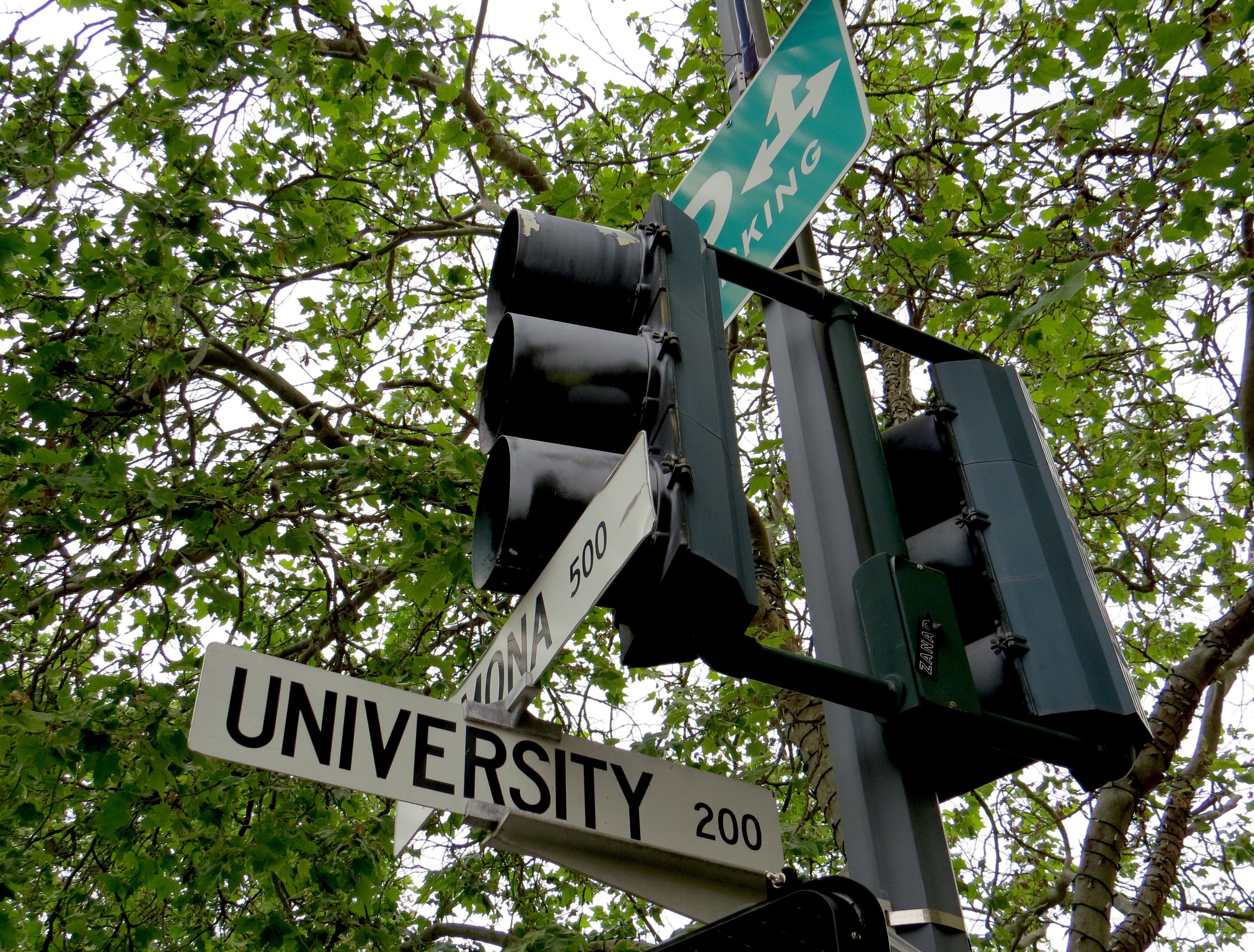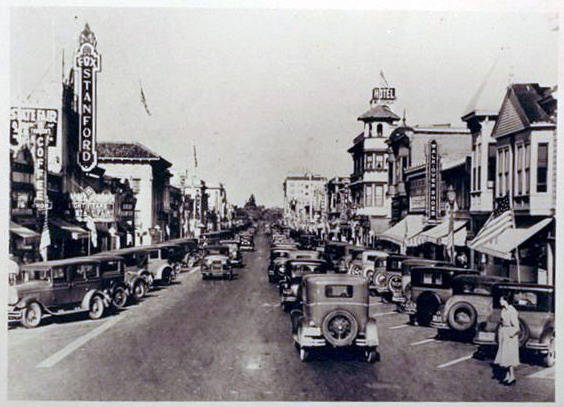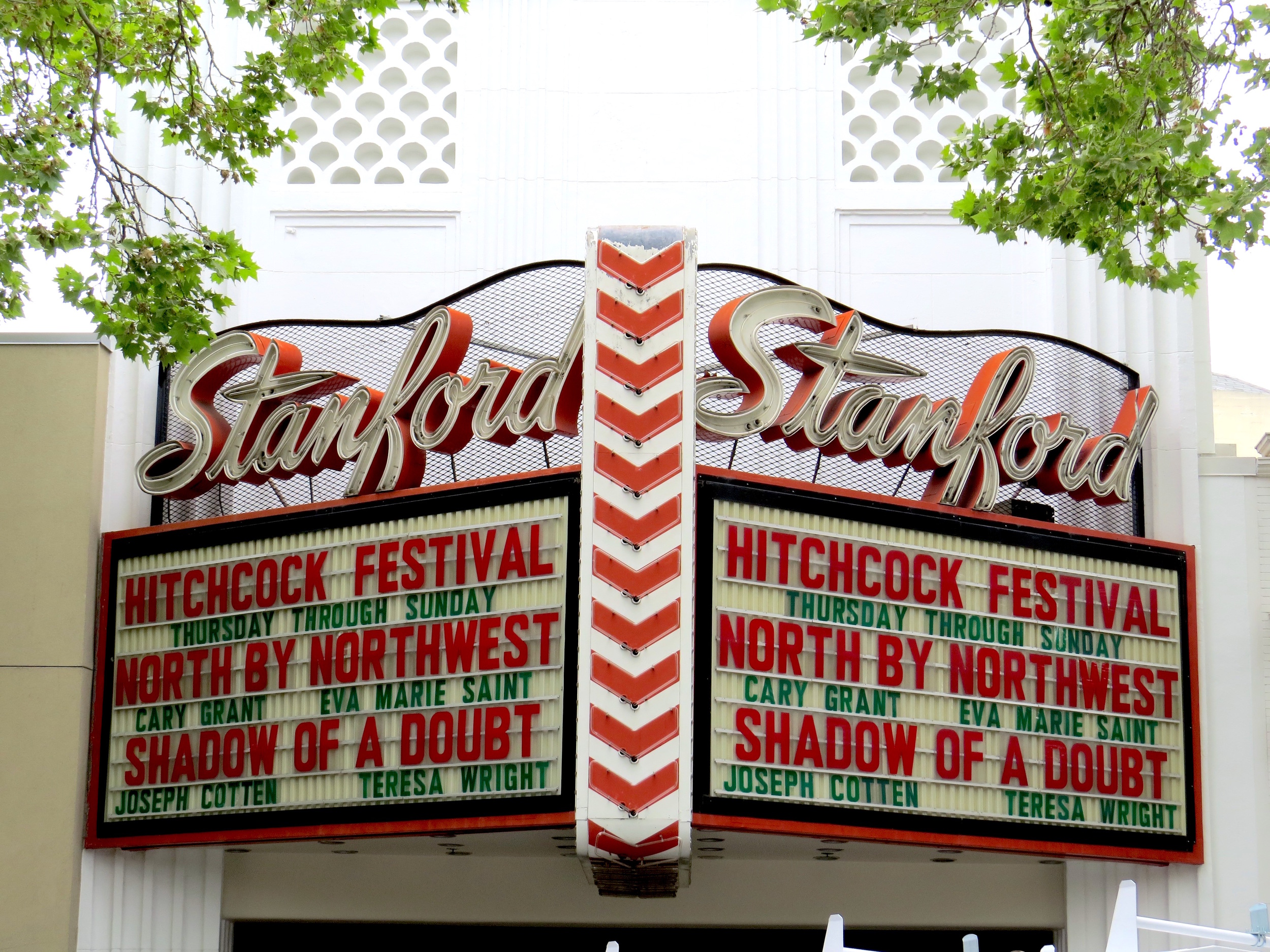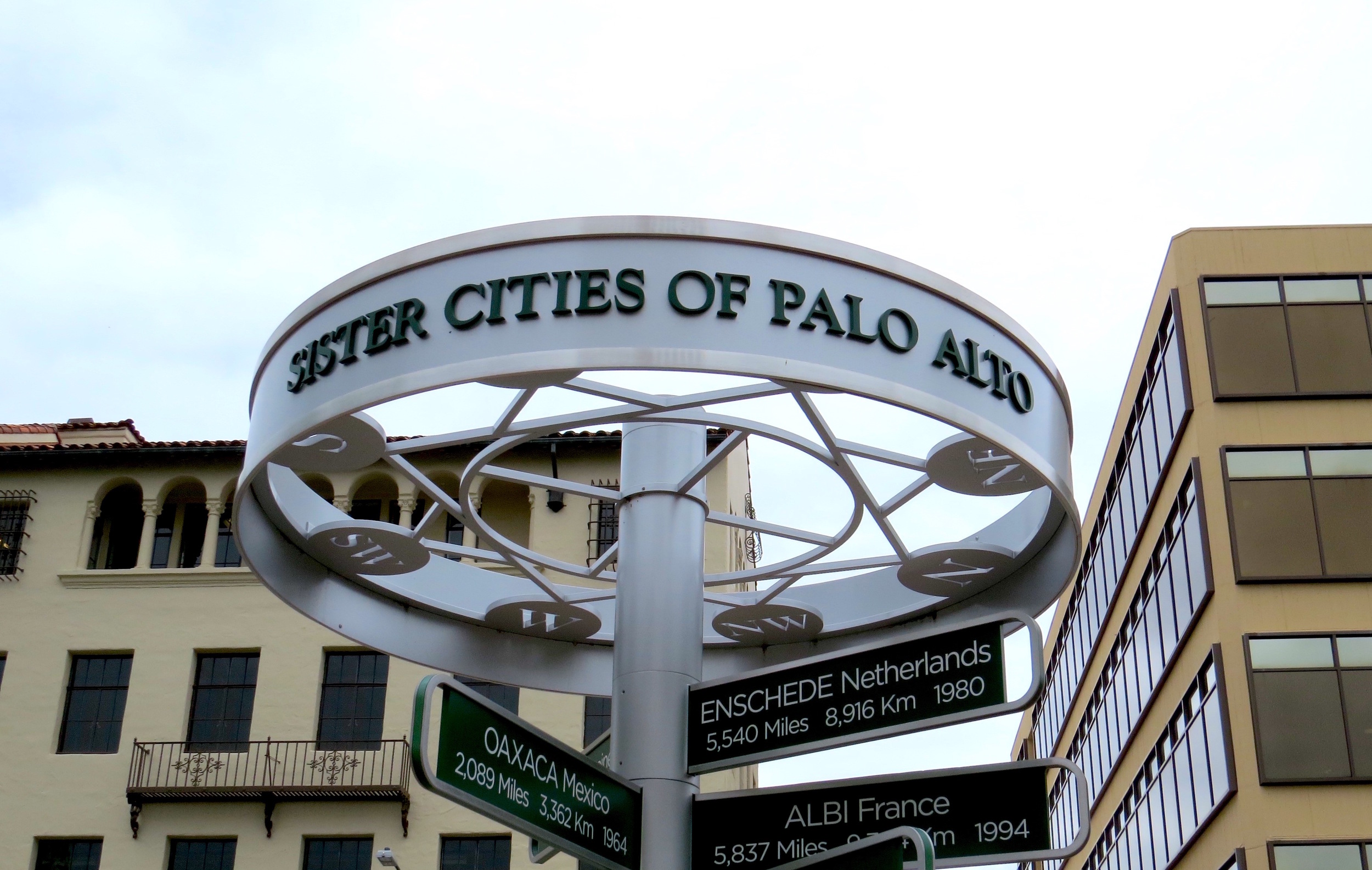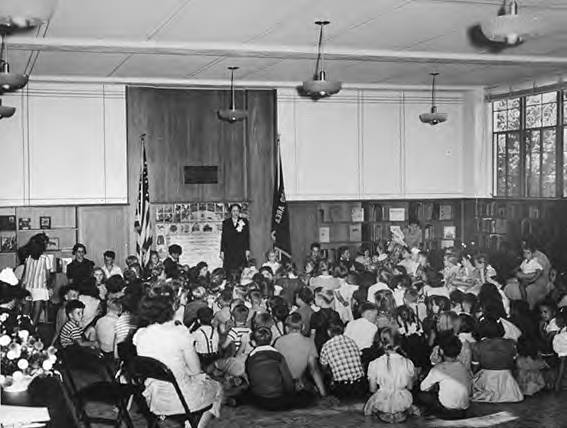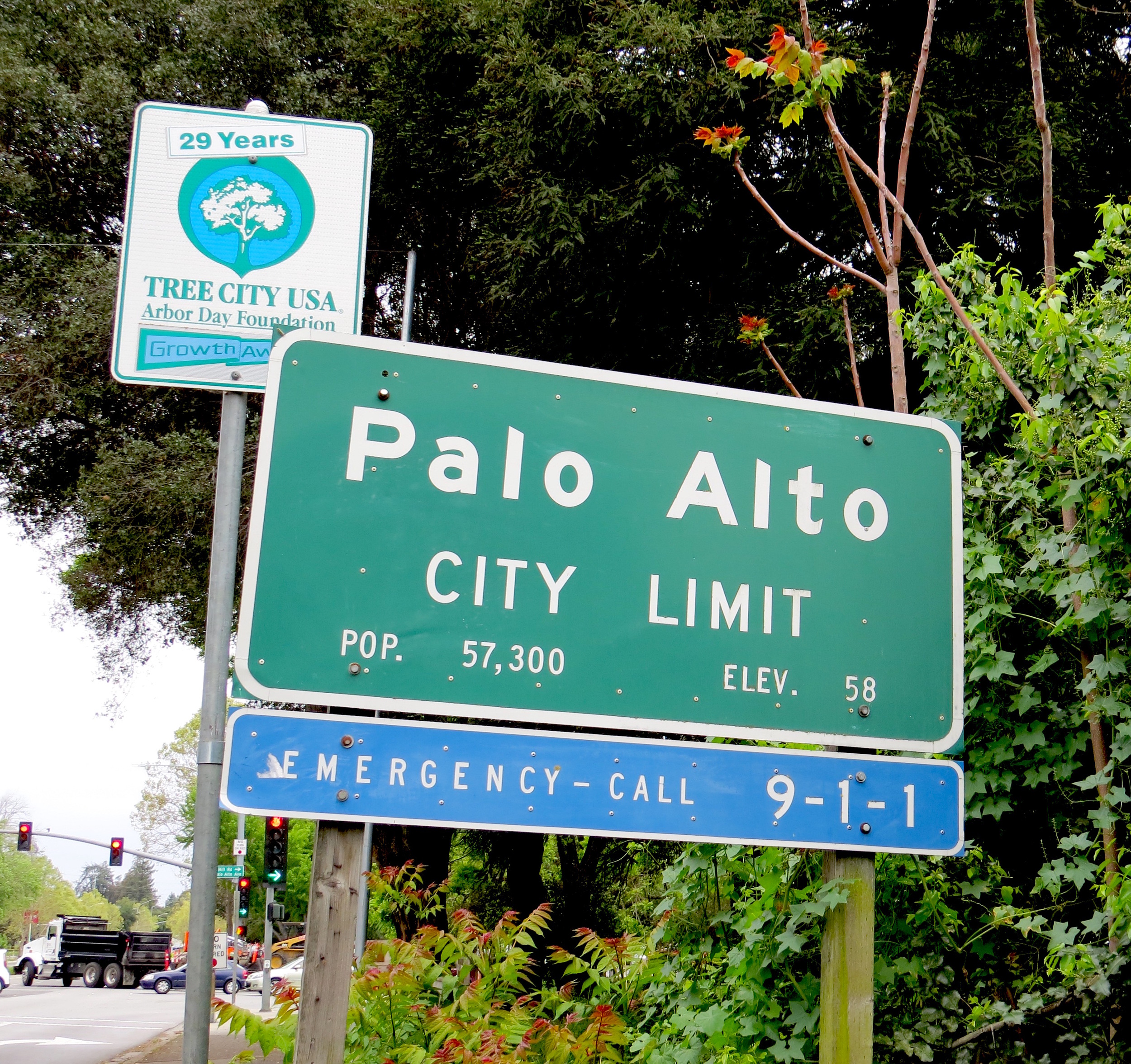Following Whispers of My Heart
/My time in high school
Attended high school in the
1960s
Overall high school experience
6/10. I went to [middle school name omitted], and then to [high school name omitted]. It seemed hard to make new friends, like most of the people at [high school] had gone to [a different middle school] and most to elementary schools together. There was a clique-ishness that was hard to break into. I remember that one of my friends told me in confidence that she wanted to kill herself, but that I should not tell anyone. I immediately told one of the counselors, who intervened and the crisis was averted, but I didn't know why she felt so depressed, and it scared me. I started finding new friends, because I felt like I had betrayed her trust. High school was hard, social groups were pretty rigid, it was socially difficult. It was also a time of national upset. Kennedy was killed and the rules of our society seemed to be crumbling. Girls were not allowed to wear pants, but boys wanted to wear shorts. It was easier to just do homework and get through high school, hoping college would be somehow better.
Grades in high school
A's and B's
Favorite subjects
Science, Physical Education, History / Social Studies, English
Struggled with...
French. My brain does not seem able to acquire foreign languages easily. I remember my last oral French test was graded "Sounds like Chinese, even to a Frenchman". I tried Norwegian, Nepali and Swahili, and it was only in Swahili, where I lived among people who only spoke Swahili, that I gained any kind of fluency. Still, it was limited. Music was also a challenge and I avoided it.
Favorite extracurricular
I remember spending time with friends was about the only thing I did other than go to school and do homework. My family often went camping, and I would take a friend along, and that was fun.
Life since high school
Attended college / university at
UCLA (for first semester) , UC Berkeley
“Sometimes I do think I could have been more financially successful if I had been more traditional in my career choices, but I know I would not have been as satisfied with my life.”
Post-graduate education or training
St. Nicholas Training Centre for the Montessori Method of Education (London) Ph.D. Johns Hopkins University Postdoctoral research Harvard School of Public Health
Places lived in US
California, Maryland, Massachusetts, South Carolina, Wyoming
Places lived outside the US
England, Norway, Switzerland, Nepal, India, Tanzania
Current occupations / past occupations
Cancer research, Parenting
Industries I've worked in
- Professional, Scientific, and Technical Services (e.g. Law, Accounting, Interior Design, Graphic Design, R&D, PR, Advertising, etc.)
- Educational Services
- Nonprofit
Did your education prepare you for your career or occupation?
Yes
Has your education or career/occupation trajectory ever changed? How?
I received a certificate in Early Childhood Education (Montessori)
My BA in Anthropology and Geography
My doctorate in Pathobiology Postdoctoral training in Public Health
In the Peace Corps I worked in Environment/Agriculture (and built a 12-hole pit latrine for a primary school and a marketplace for a small village)
A little introspection...
To me, being successful means...
Acting in a way that was true to my values. That meant for me, dropping out of UC Berkeley half way through my first quarter of my senior year, and travelling.
First I worked in two National Parks (Yellowstone and the Grand Tetons, and then going to Europe where I hitchhiked and stayed in Youth Hostels for 9 months. For 6 months of that time, I worked in Norway, having studied Norwegian at Berkeley. I kept the salad shelf filled in Kaffestova, a cafeteria lunch restaurant in Oslo, and later at the University of Oslo where I worked in the Department of Neurophysiology as a research assistant. Most of the time I lived in the Youth hostel at the edge of town. During that whole 9 months, I felt like I could not read even a book, but wanted to experience life. Somehow having been in school from 5 years of age to 19 years of age, it seemed to me books and formal learning could only teach so much. I even avoid newspapers.
I returned to the US, and continued my itinerate lifestyle, camping in Camp Four, the rock climbers' campground in Yosemite, becoming vegetarian for a few months, and finally deciding on a career in Montessori teaching. So I applied to a Montessori training center in London, and after a year was certified as a Montessori directoress. I still was not ready to settle in one place, so I traveled with a friend around Europe, again hitchhiking and staying either in hostels or campgrounds, or even sleeping under bridges. We spent the winter living and working in a small town in Switzerland (Leysin), and saved money to travel to Nepal. After six months we joined two others and rode trains and buses to Delhi, India, and then flew to Nepal. It was a trip that helped me place in real terms, what the Middle East looked like, what their food tasted like, and then what it was like in India, and then Nepal. I remember being confident when I first saw people sleeping on the streets of Delhi that such things could never happen in the US. "We" cared about people too much. It was unthinkable.
In Nepal my life took another unexpected turn when we went up to the temple of Swayambhunath, and then later walked, because we had no money, to the edge of the Kathmandu Valley, to begin our trek into the Himalayas. That walk was important, although we did save $5 by walking, but more importantly because we got lost in the temple grounds of Pashupati. It was there that I looked into the eyes of a passing monkey. Something connected, although I wasn't sure what. The trek was most unpleasant. It was hot, dry, and my companions and I often got lost, having no guide. Somehow the guidebook directions telling us to go through the meadow and turn left were just too vague. What was a meadow? On our fourth day, with tempers flaring and patience with the hiking up 3,000 feet only to hike down 3,000 feet the next day, and the lice and strange food, when there was any, left us very cranky. I picked up a seed pod from the ground, and as I looked at it, it felt like a bolt of enlightenment hit me. Suddenly everything was peaceful, and connected. I knew that I did not have to take even one more step forward.
We all decided to return to Kathmandu, the land of ice cold chocolate sodas, and from there split up. I returned to the US, one of my companions left for her home in Australia, and the other for England. I returned to Berkeley, graduated, went to graduate school, studied monkeys in Nepal for my doctoral dissertation, and then changed careers again to study public health at Harvard. Most recently, at 65, I joined the Peace Corps, and served 2 years in Africa. For me, being successful means following my heart...
My definition of success has not changed over time.
Sometimes I do think I could have been more financially successful if I had been more traditional in my career choices, but I know I would not have been as satisfied with my life.
My greatest accomplishment to date and what I’ve learned from it
Getting a Ph.D., working at Harvard and discovering my academic passion of studying seaweed, joining the Peace Corps, climbing Kilimanjaro. In all of these accomplishments, I learned that I am a kinesthetic learner with great persistence. It is the process of floundering, finding a passion, and pursuing it through thick and thin until it feels like it is right to change to something else.
My biggest mistake or regret so far and what I’ve learned from it
I think it was holding on to a passion too long. Sometimes it is important to let go, change directions, let life lie fallow and read a book for a while.
An unexpected event that changed my life and how it impacted me
In the Peace Corps I was accused of being a spy by the Dutch owners of a nearby ecolodge. They said I had taught English without being a certified English teacher, and I had passed out 1000 mosquito nets without having a medical license. Their general manager was known to be a troubled man, and hints of a recent arson following a failed court case made the Peace Corps transfer me to a different village two days by bus away. I never really bonded with people in my second village, although I met several people I really liked. But maybe it was the forced separation that strengthened my attachment to the first village. I continue to correspond with people in my first village and to support two girls by paying their school fees. It warms my heart to know I can still make a difference in the lives of my friends a third of the way around the world, at the top of a mountain in a village 50 miles up a dirt road. Some things/people are important not to let go of, but it is the process of finding new ways to accomplish and maintain the connection.
This alumni is open to your questions and follow-ups.
In order to protect anonymity, we will pass along your message and they can choose whether to respond.
My favorite spot in or around Palo Alto
Stanford Shopping Center. I really enjoy the social evolution it has undergone since the 1960s, and especially appreciate all the flowers.

